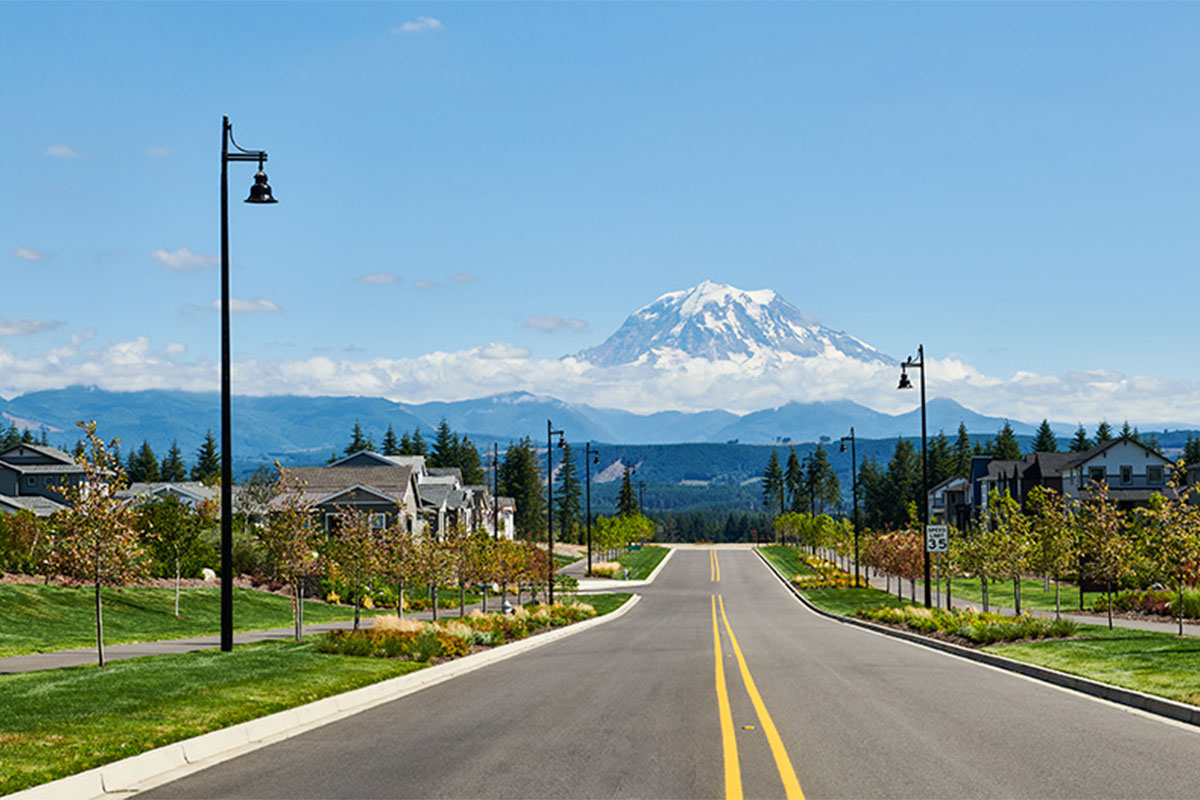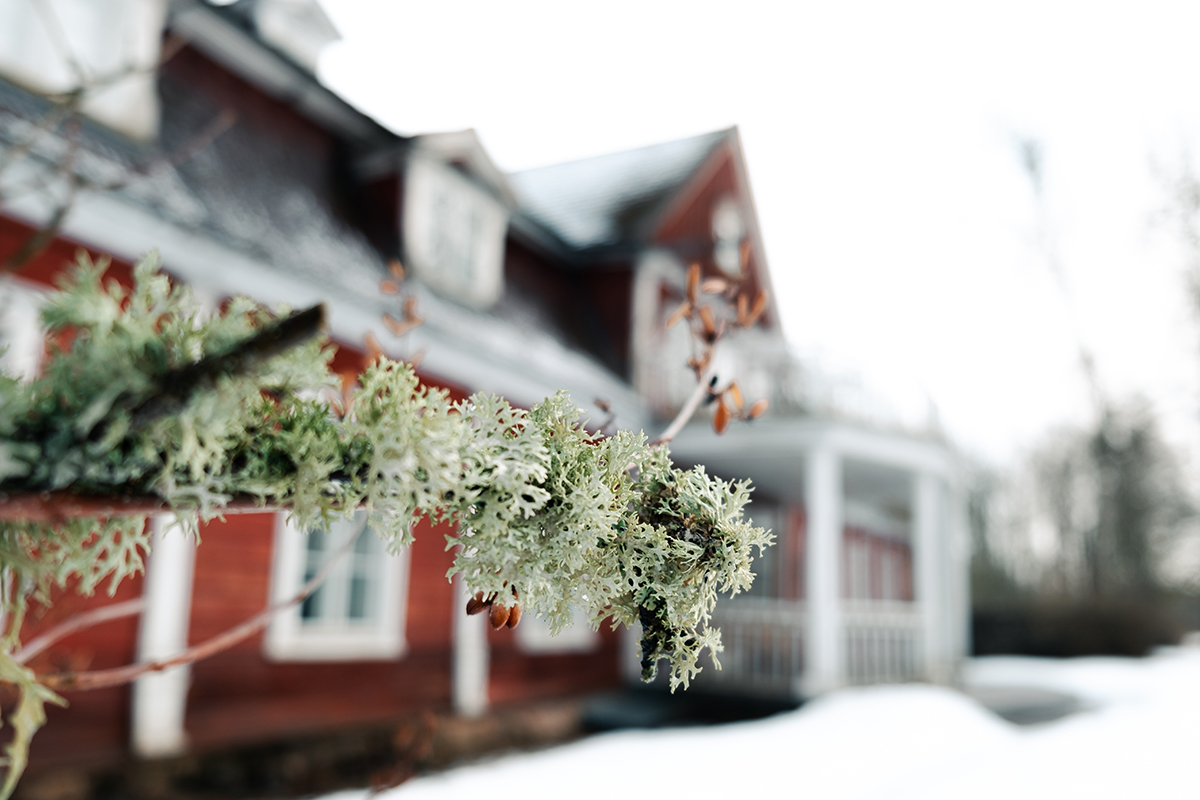Ready to plan out a lawn care schedule? We’ve rounded up timing tips from popular gardening resources to help you work smarter!
Watering tips from Popular Mechanics:
Early morning may be the best time of day to water your lawn. Why?
- You lose less water to evaporation if you do it before temperatures and winds start rising.
- Early watering gives your turf the moisture it needs to resist heat stress during the day.
- Watering too late in the evening could leave your grass soggy overnight, which can promote disease.
It’s important to water your grass enough to promote deep root growth, especially when establishing a new lawn, but avoid over-watering. See The Smarter Way to Water Your Lawn for tips on how to tell if you’re watering optimally.
Feeding tips from BobVila.com:
Most common types of turf can benefit from additional nutrients just before and just after their active growing periods—spring and fall for cool-season grasses, spring and summer for warm-season grasses. But, knowing when not to apply fertilizer may be more important for the overall health of your lawn.
- Avoid spreading it in the hottest part of the summer; this can damage your lawn.
- Don’t apply it while your grass is still dormant. You’ll waste your money and potentially encourage weed growth.
- Don’t use it right before heavy rain is expected. The product may wash off before it can take effect and cause unnecessary water pollution.
Be sure to read and follow all product directions carefully, so you don’t end up doing more harm than good! Read Solved! When to Fertilize the Lawn and To Fertilize or Not to Fertilize? for more lawn feeding tips.
Mowing tips from The Spruce:
Late afternoon or early evening may be the best time to mow your lawn, both for its health and yours! Reasons:
- The lawn is typically at its driest, since morning dew and the moisture from a morning’s watering have had time to evaporate. Mowing a wet lawn can leave it vulnerable to disease, and pose slipping hazards for you, so you should also avoid mowing after rain at any time of day.
- Waiting until after the heat of the day has passed makes the process less stressful for your grass and your body.
- It isn’t dark enough yet to impair visibility or upset your neighbors with lawn mower noise.
For more advice, check out Lawn Mowing and Care Tips for Beginners.
Pest control tips from Gardening Know How:
When and how you choose to use pesticides (commercial or homemade) will depend on a lot of factors, including the type of pest problem you have and the usage instructions for your chosen product. However, there are some general timing guidelines you can keep in mind:
- Don’t apply when heavy rain is expected. Much like fertilizer, pesticides can wash off too quickly and end up contaminating the runoff from your yard.
- If you’re applying a spray, dust or light granules, you’ll want to avoid windy days. Your time and money may be wasted if the product drifts into areas you didn’t mean to treat.
- Try to choose a day with moderate temperatures, when the sun isn’t beating down on your grass.
Check out When to Apply Pesticides: Tips on Applying Pesticides Safely for more info and remember, some pest problems may warrant help from a professional!
Note: There’s no one-size-fits-all solution when it comes to watering, feeding and mowing your lawn. Different species of turf grass have different needs, and factors like your region’s climate, your yard’s soil characteristics and the time of year should influence your lawn care program. If you’re not sure what type of grass is in your yard, see The Lawn Institute’s handy guide to popular grass types and their typical maintenance needs.
Looking for more ways to boost your home’s curb appeal? Check out these other articles!




